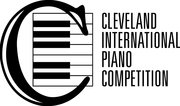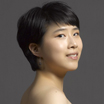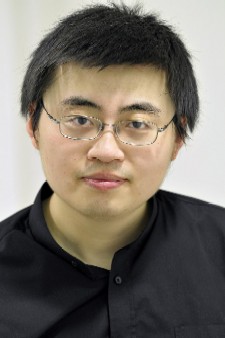By Daniel Hathaway
Cleveland, OH — August 2, 2011

The strange patterns that can result from intentional randomness lined up four Asian contestants for the two sessions on Tuesday. This afternoon’s session presented Ms. Kyu Yeon Kim (26, Korea) and Mr. Yunjie Chen (30, China) in fresh repertory. In Ms. Kim’s case, it was a set of six Preludes by Debussy, Three Etudes, op. 18, by Bartok, and Schumann’s Humoresque in B-flat, op. 20. Mr. Chen chose Granados’ Los requiebros (Goyescas, Book I, from 1911), Debussy’s four-movement Suite bergamasque, and Prokofiev’s brooding Sonata No. 8 in B-flat, op. 84.
Both pianists, like their colleagues, have technique to spare and can summon up huge reserves of pianistic power to unleash at climactic moments. Both have some difficulty shaping large structures so they make sense to the ear,

Ms. Kim’s Schumann was a study in moods rather than than humor (“Humoresque” carries a double meaning), and the prevailing affect was somber and sometimes ponderous. As in her second round Kreisleriana, Ms. Kim frequently succumbed to arhythmia, massaging the music to the point where the tactus completely disappeared (I imagined trying to conduct one of the more expressive movements, but her beat was too erratic).

Both performers contributed some extra-musical sounds to the audio mix. Ms.Kim was given to heavy breathing from time to time, and Mr. Chen made the occasional percussive gesture by stamping his foot, effects which distracted those of us listening in the Bolton Theater (I heard both clearly halfway back), and must have surprised those who were listening via the radio and Internet.
Up tonight: Mr. Jae-Weon Huh and Ms. EunAe Lee.


